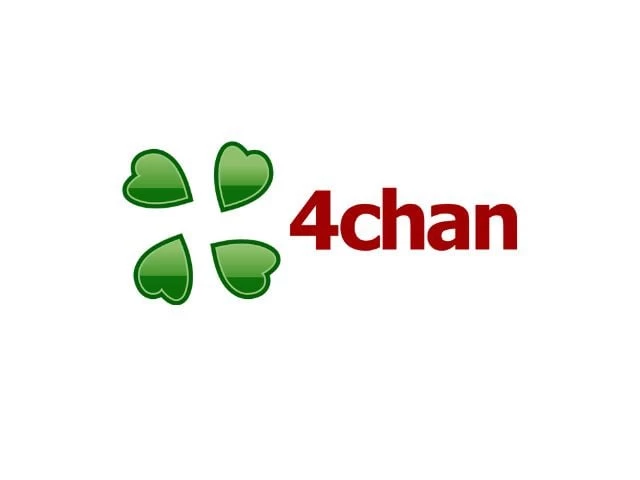4chan refuses UK online safety fines as lawyer cites US free speech protections
4chan’s lawyer says platform won’t pay Ofcom’s £20,000 fine, citing US First Amendment protections.

The online message board 4chan will not pay a fine proposed by the UK’s media regulator, Ofcom, according to the platform’s legal representatives. Preston Byrne, managing partner of Byrne & Storm, told the BBC that Ofcom had provisionally imposed a £20,000 penalty with daily fines for non-compliance, but argued the notices “create no legal obligations in the United States.” Byrne described the investigation as part of an “illegal campaign of harassment” against American technology firms.
Ofcom launched its investigation into 4chan earlier this year under the UK’s Online Safety Act, citing the site’s failure to comply with two information requests. In August, the regulator issued a “provisional notice of contravention,” while stressing its role was to ensure online services protect UK users from illegal and harmful content. Ofcom declined to comment further while the inquiry is ongoing.
Byrne insisted that 4chan had broken no US laws and would not pay any penalties. A joint statement from Byrne & Storm and Coleman Law emphasized that 4chan, as a US-based company, is protected under the First Amendment. The firms argued that “American businesses do not surrender their First Amendment rights because a foreign bureaucrat sends them an email,” and said they would seek relief in US federal court if necessary.
The statement also noted that US authorities had been briefed and urged the Trump administration to use legal and diplomatic measures to shield American companies from “extraterritorial censorship mandates.” Recent moves by US officials reflect growing concern about international tech regulation, with some warning that compliance with laws such as the UK’s Online Safety Act could undermine American data privacy and free speech protections.
Legal experts told the BBC that enforcing fines against offshore providers would be difficult, but Ofcom could pursue alternative measures, such as blocking UK access or restricting payments.


















COMMENTS
Comments are moderated and generally will be posted if they are on-topic and not abusive.
For more information, please see our Comments FAQ